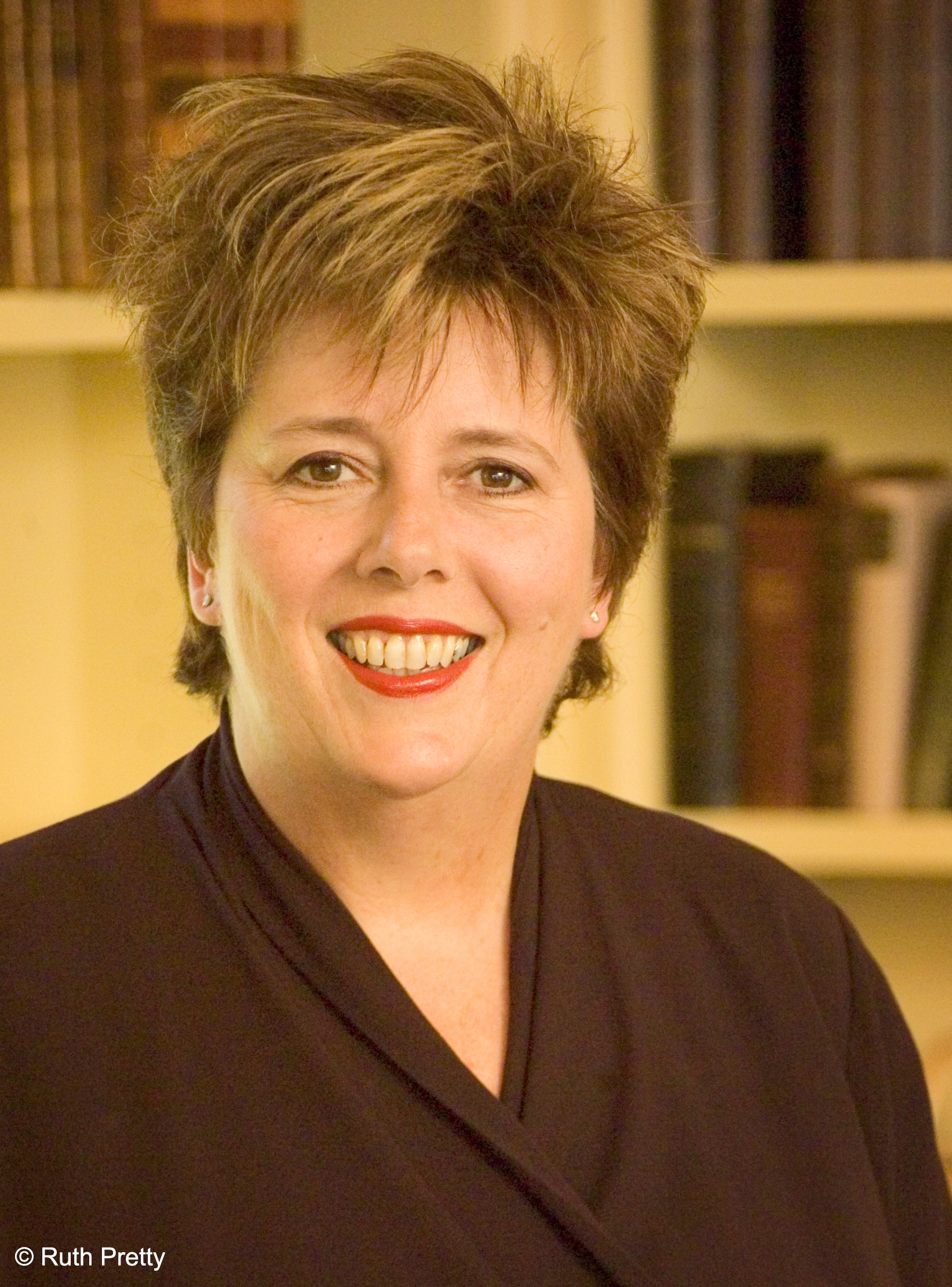



Such perseverance would've seemed unlikely back in 1963 when Dick Taylor and Phil May first formed the band. Before Beauty was a comeback effort that showed they could still rock credibly and 2020's Bare as Bone, Bright as Blood was a bluesy acoustic effort that found them exploring new ideas up to the very end. Sorrow is their psychedelic touchstone 1970's Parachute is an ambitious mix of psychedelia, pop, and hard rock 1999's Rage. Their first two albums, 1965's The Pretty Things and Get the Picture?, are the high points of their R&B period 1968's S.F. The Pretty Things split not long afterward, but their cult remained strong and they became a semi-active concern at the beginning of the new millennium, reuniting periodically for tours and recordings. success (1974's Silk Torpedo and 1976's Savage Eye made the lower reaches of the charts), and they cut a credible new wave album, Cross Talk, in 1980. The Pretty Things were survivors, soldiering on through the '70s, turning into a harder, heavier outfit that was rewarded with minor U.S. Sorrow inspired Pete Townshend to write Tommy for the Who, and David Bowie covered both "Rosalyn" and "Don't Bring Me Down" for his 1973 album Pin Ups. The Pretty Things may not have shown up on the charts, but their cult proved to be influential: it's been said S.F. Top Ten a year later, but that turned out to be the peak of their commercial success. Their first two singles, "Rosalyn" and "Don't Bring Me Down," charted in 1964, and their eponymous debut LP made the U.K. Taking their name from a Bo Diddley song, the Pretty Things were intentionally ugly: their sound was brutish, their hair longer than any of their contemporaries, their look unkempt. At first, the Pretty Things seemed like rivals to the Rolling Stones, and that was no great leap: guitarist Dick Taylor played bass in the first incarnation of the Stones before teaming with Phil May to form the Pretties in 1963. Their cult was drawn to either their vicious early records, where they sometimes seemed like a meaner version of the Rolling Stones, or to their 1968 psychedelic touchstone S.F. Commercially, they were often seen as also-rans, more talked about than listened to, especially outside Great Britain, since many of their most important albums were never released elsewhere until decades after the fact. Musically, the Pretty Things were one of the toughest and most celebrated artists to rise from the Beat/British Invasion era, and among the very best British R&B bands of the '60s.


 0 kommentar(er)
0 kommentar(er)
